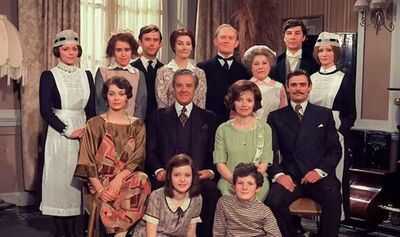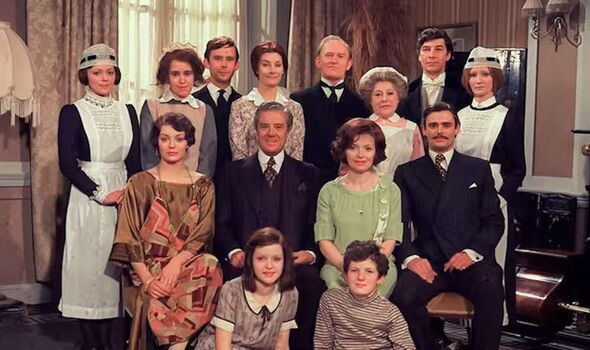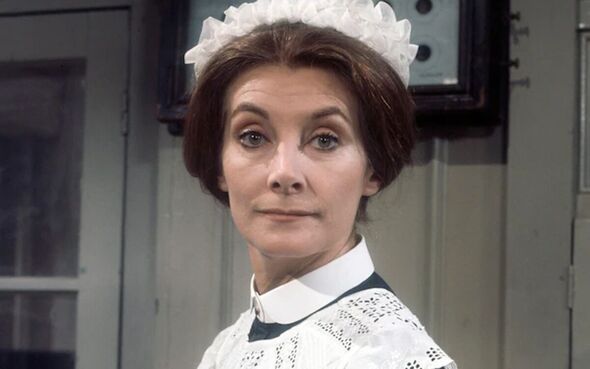

Jean Marsh, actress and co-creator of classic period drama Upstairs Downstairs, was left penniless with "no fixed address" after struggling to find work. Jean, who died earlier this year at the age of 90, played parlourmaid Rose Buck in the series which is widely credited with inspiring Downton Abbey, and ran from 1971 until 1975 before a brief revival in 2010.
But the actress originally hailed from a working class background, and by the time she was in her mid-thirties, was left "out of work, almost penniless and of no fixed address", according to the Sunday Independent.
Along with her friend, fellow actress Eileen Atkins, Jean was forced to take a job as a house-sitter in the south of France - which eventually led them both to collaborate on the idea for Upstairs Downstairs.

She explained to the AV Club in 2012: "Well, I'd been friends with Eileen for six or seven years when we started talking about it. We came from the same background, a working-class background, and we were thinking idly about trying to create something, maybe a television series, maybe a film, we weren't quite sure.
"And the idea gelled through two different experiences: One was watching The Forsyte Saga that was made sometime in the '60s, and we thought, 'Well, that's all really wonderful, but who washed the clothes? Who ironed them? Who's cleaning the boots? Who's doing all the work?' And we thought, 'Gosh, it's so unfair you never see the real workers.'
"That was one seed. We had chips on our shoulders. And then Eileen found a photograph of her mother with a group of servants standing by a horse-drawn bus for a servants' outing, so we thought, 'Let's write about downstairs people.'"
Jean's own mother Emmeline was a housemaid at a pub, while her dad Henry worked as an outdoor labourer and a printer's assistant. Life wasn't always easy for Jean, as she fell ill as a child with nervous paralysis, with her parents enrolling her in ballet lessons as treatment.
She explained to The Guardian in 1972: "If you were very working class in those days, you weren't going to think of a career in science. You either did a tap dance or you worked in Woolworths."